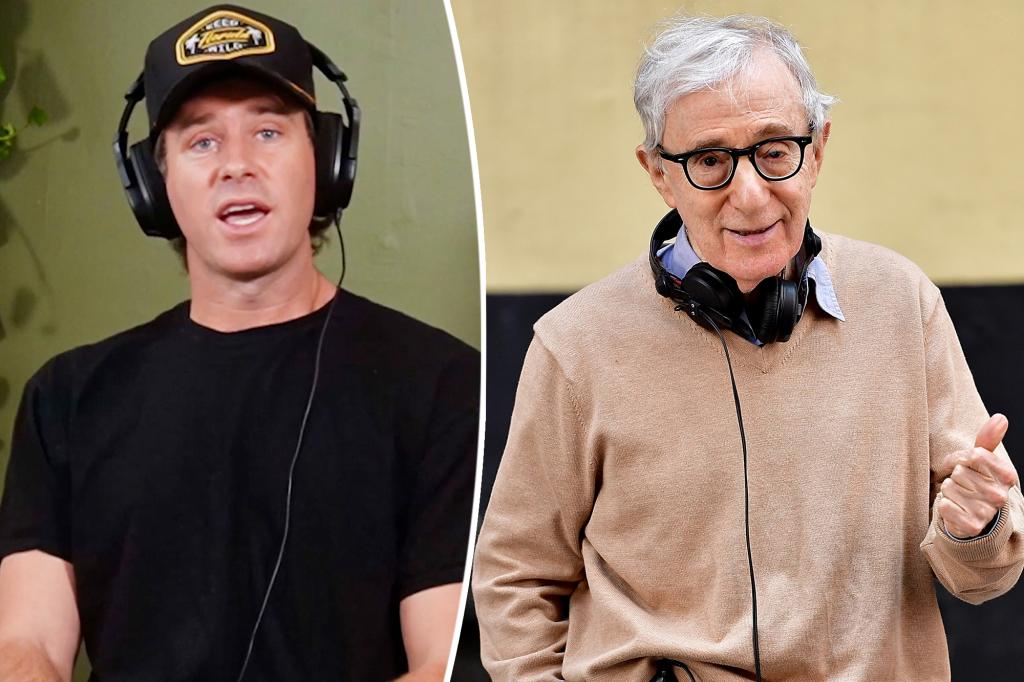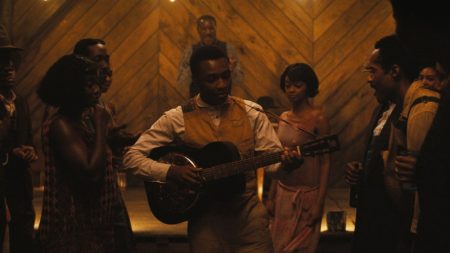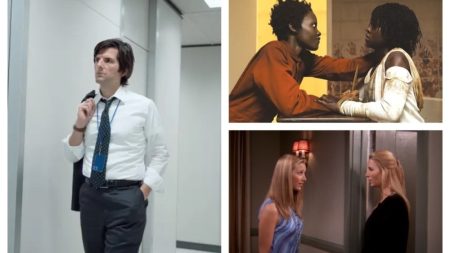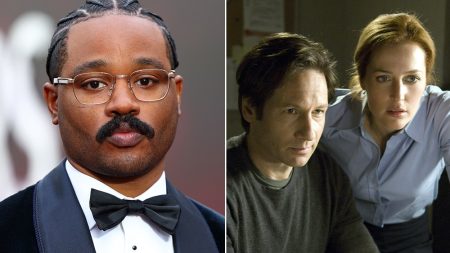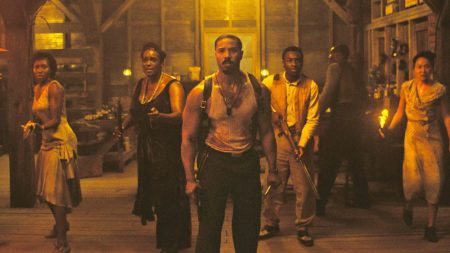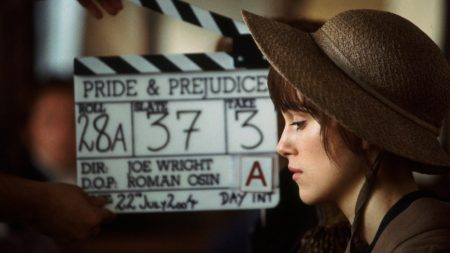In a recent episode of Spotify’s The Louis Theroux Podcast, actor Armie Hammer shared his thoughts on whether he would be willing to work with director Woody Allen, a figure embroiled in controversy for decades. Hammer’s response was thoughtful but conflicted, as he expressed his reservations about cancel culture and the idea of making judgments about people without direct knowledge of their actions. He called the question a “trick” with no clear right answer, as any response could be misinterpreted. Hammer emphasized that he would approach such a decision cautiously, suggesting that if he were offered a role in a Woody Allen film, he would first want to sit down with the director to understand his perspective before making a decision. This stance reflects Hammer’s own experiences of being publicly scrutinized and falsely accused, which he believes gives him a unique empathy for others facing similar situations.
Woody Allen, the Oscar-winning filmmaker behind classics like Manhattan and Annie Hall, has been a polarizing figure in Hollywood for decades. In 1992, his ex-girlfriend Mia Farrow accused him of sexually abusing her adopted daughter, Dylan Farrow, who was just 7 years old at the time. Allen has consistently denied the allegations, claiming that Mia fabricated them out of anger after he began a relationship with her other adopted daughter, Soon-Yi Previn, whom he later married. Despite an investigation at the time, Allen was never charged, and he has maintained his innocence ever since. However, the allegations resurfaced in 2017 during the height of the #MeToo movement, when Dylan Farrow wrote an op-ed questioning why Allen had largely escaped scrutiny compared to other accused figures like Harvey Weinstein. Since then, many actors and filmmakers have publicly expressed regret over working with Allen, and several have vowed never to collaborate with him again.
Armie Hammer’s own life has been marked by similar controversy. In 2021, he faced a series of allegations of physical and sexual abuse, including a claim by a woman named Effie, who accused him of raping her and engaging in emotionally and sexually abusive behavior. Hammer denied all the allegations, calling them “vicious and spurious.” While the Los Angeles District Attorney’s Office ultimately declined to bring charges due to insufficient evidence, the fallout from the accusations led to the end of his marriage to Elizabeth Chambers and a significant backlash in his career. Hammer has since been working to rebuild his public image, and in 2024, he returned to the spotlight with a podcast and a string of new film projects, including Frontier Crucible, which also stars Thomas Jane and William H. Macy. He has also been fielding numerous job offers, a sign that his career may be on the upswing once again.
Hammer’s willingness to consider working with Woody Allen, despite the serious allegations against him, highlights the complexities of navigating cancel culture in Hollywood. Hammer, who has faced his own share of public scrutiny, seems to approach the issue with a mix of empathy and skepticism. He argues that outright rejecting someone like Allen without direct evidence or understanding perpetuates a culture of knee-jerk cancellations, which he believes can be unfair and damaging. At the same time, Hammer acknowledges that there are situations where accusations are credible, and he would not hesitate to distance himself from someone he believed had done wrong. His approach is rooted in his personal experience of being accused and knowing how devastating such allegations can be, even when they are untrue.
The debate over Woody Allen’s legacy and whether he should be “canceled” remains deeply divisive. On one hand, many in the industry and beyond believe that the seriousness of Dylan Farrow’s allegations, combined with Allen’s relationship with Soon-Yi Previn, who was a minor when they first met, makes it unethical to support his work. On the other hand, Allen’s defenders argue that he has never been proven guilty and that his body of work should not be entirely dismissed because of unproven accusations. For actors like Armie Hammer, who are weighing the moral implications of collaborating with Allen, the decision is fraught with risk, both personally and professionally. It’s a dilemma that forces them to grapple with questions of guilt, innocence, and the limits of public judgment.
Ultimately, Armie Hammer’s career trajectory and his recent comments about Woody Allen underscore the challenges of navigating the complexities of cancel culture and public perception. Both men have faced intense scrutiny and professional fallout due to serious allegations, yet both have found ways to rebuild their careers in some capacity. Hammer’s ability to secure new roles and projects suggests that, while cancel culture can have a significant impact, it is not always permanent. At the same time, the ongoing debate over Woody Allen’s legacy serves as a reminder that the entertainment industry—and society at large—continues to grapple with how to balance accountability, fairness, and the complexities of human behavior. As Hammer’s story and Allen’s legacy demonstrate, the line between redemption and reckoning is often blurred, and the consequences of public judgment can be profound.


